Broccoli
The Nutritional Powerhouse: Broccoli
Introduction
Broccoli is a well-known member of the cruciferous vegetable family, celebrated for its dense nutrient profile and versatile culinary uses. This green vegetable is not only delicious but also packed with vitamins, minerals, and antioxidants. In this comprehensive blog post, we will explore the various uses of broccoli, interesting facts about it, its nutritional benefits, and some helpful tips for incorporating it into your diet. Finally, we will look at the average price of broccoli.
Uses of Broccoli
Broccoli can be prepared in numerous ways, making it a staple in many kitchens. Here are some common uses:
- Raw: Broccoli can be eaten raw, either as part of a salad or as a crunchy snack with dips.
- Steamed: Steaming broccoli preserves its nutrients and provides a tender yet crisp texture.
- Roasted: Roasting broccoli brings out a delightful, slightly sweet flavor.
- Stir-fried: Broccoli is a popular ingredient in stir-fries, combining well with various vegetables, meats, and sauces.
- Soups and Stews: Broccoli can be added to soups and stews, contributing to both flavor and nutrition.
- Baked: Baked broccoli, often with cheese or seasoning, is a favorite side dish.
Interesting Facts About Broccoli
- Broccoli originated in Italy, where it has been cultivated since the time of the Roman Empire.
- The name "broccoli" comes from the Italian word "broccolo," meaning "the flowering crest of a cabbage."
- Broccoli is closely related to cauliflower, Brussels sprouts, and kale.
- China and India are the largest producers of broccoli in the world.
- Broccoli is rich in sulforaphane, a compound that has been studied for its potential cancer-fighting properties.
Nutritional Elements of Broccoli
Broccoli is highly nutritious, offering a range of health benefits. Here are some key nutrients found in broccoli:
- Vitamin C: Broccoli is an excellent source of vitamin C, which supports the immune system and promotes healthy skin.
- Vitamin K: This vitamin is essential for blood clotting and bone health.
- Fiber: Broccoli is high in dietary fiber, aiding in digestion and promoting a feeling of fullness.
- Folate: Folate is important for cell growth and metabolism, particularly during pregnancy.
- Potassium: This mineral helps regulate blood pressure and supports cardiovascular health.
- Antioxidants: Broccoli contains various antioxidants that help protect the body from oxidative stress.
Helpful Tips for Using Broccoli
- To maximize the nutritional benefits, avoid overcooking broccoli. Steaming or lightly roasting is preferable to boiling.
- Store broccoli in the refrigerator to keep it fresh. It is best used within a week of purchase.
- When selecting broccoli, look for firm, bright green florets and avoid those with yellowing or wilting leaves.
- Broccoli stalks are edible and nutritious. Peel the tough outer layer and use the tender inner stalks in soups or stir-fries.
- Blanching broccoli before freezing helps preserve its color, flavor, and nutrients.
- Broccoli pairs well with garlic, lemon, cheese, and various herbs and spices, enhancing its flavor in different dishes.
Average Price of Broccoli
The price of broccoli can vary depending on the season and location. On average, fresh broccoli typically costs between $1.50 and $3.00 per pound in the United States.
Cost: $1.50-$3.00 $

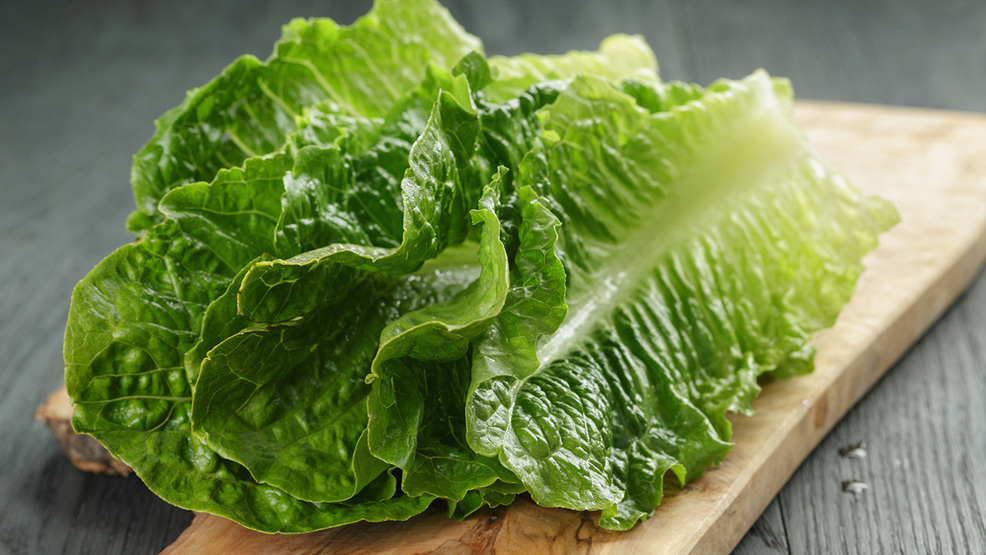

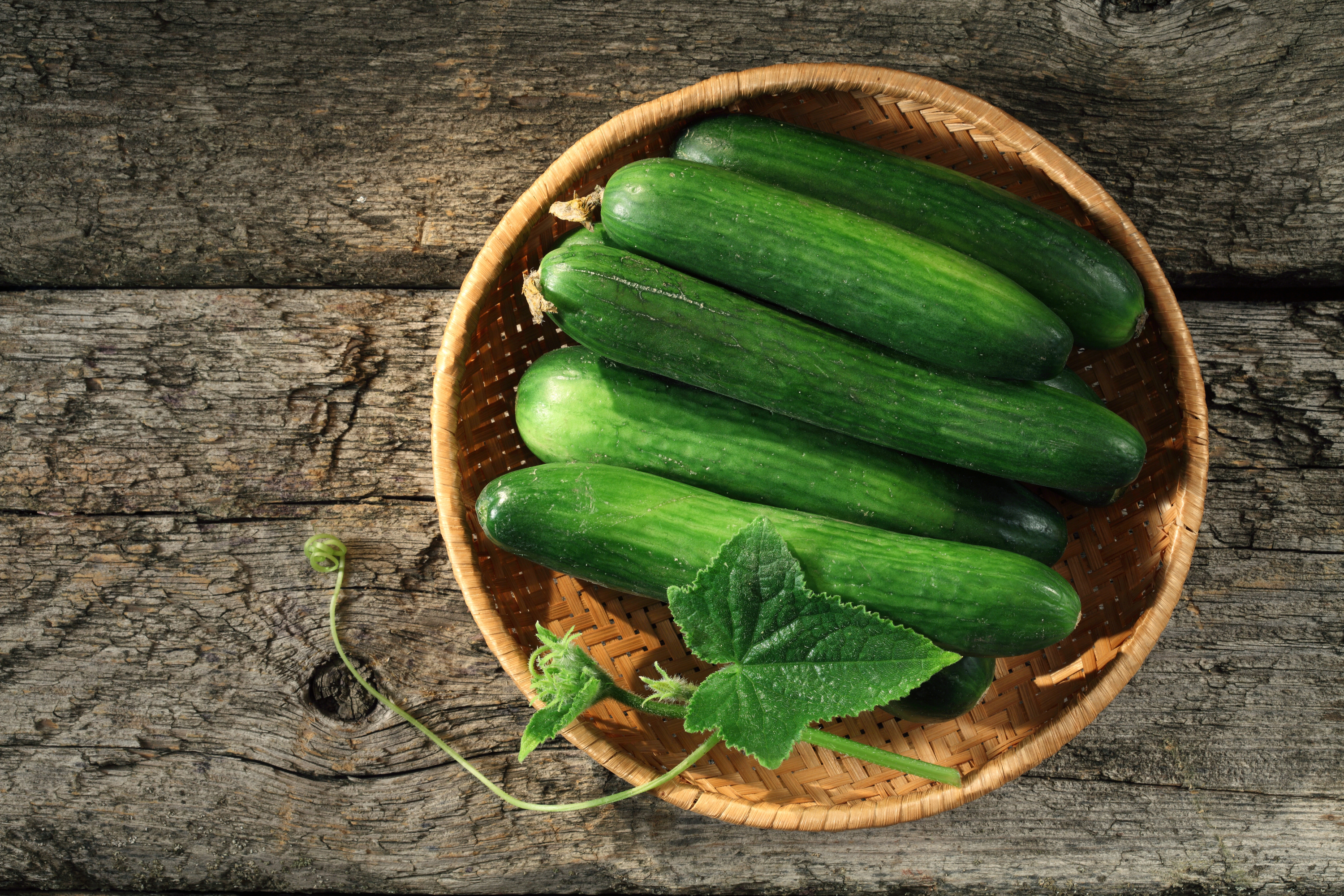

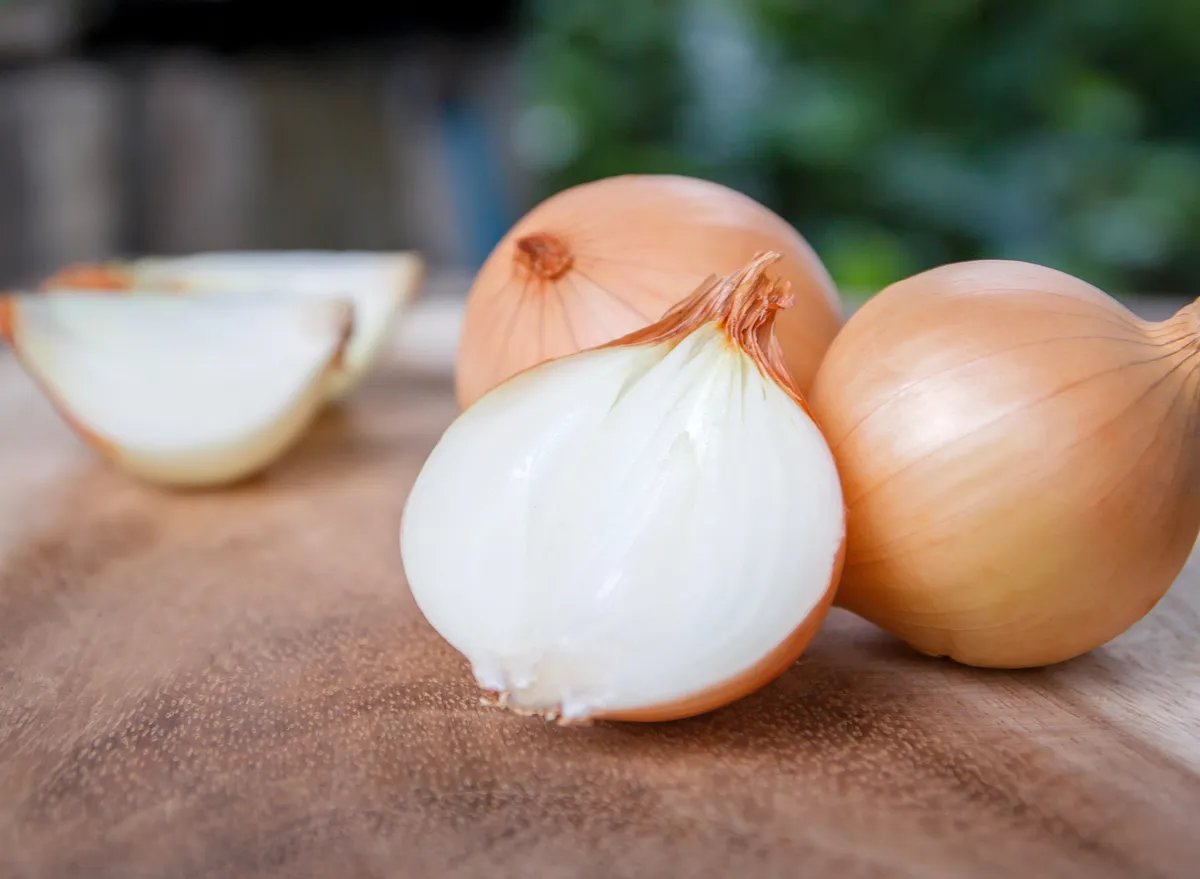


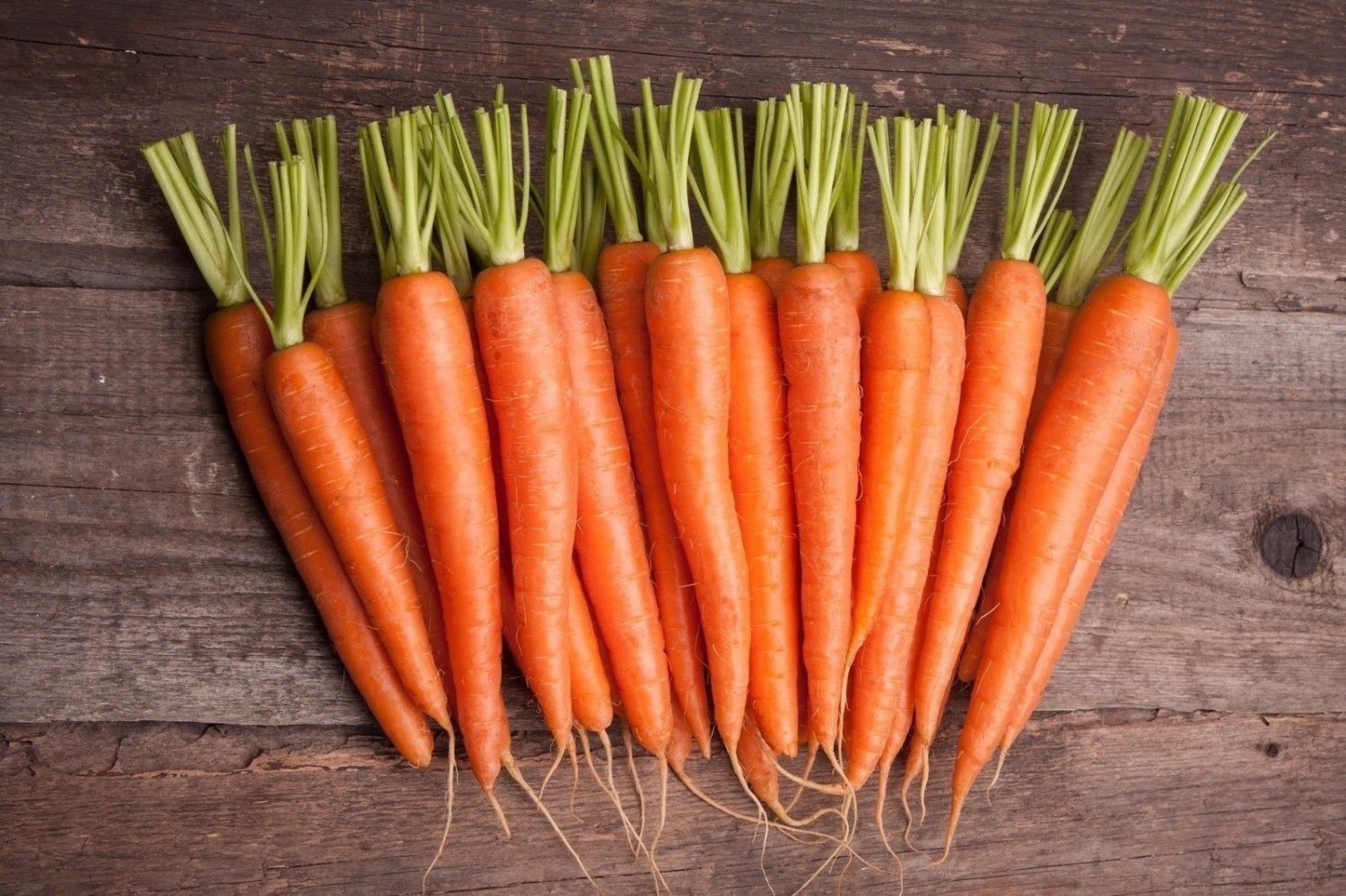
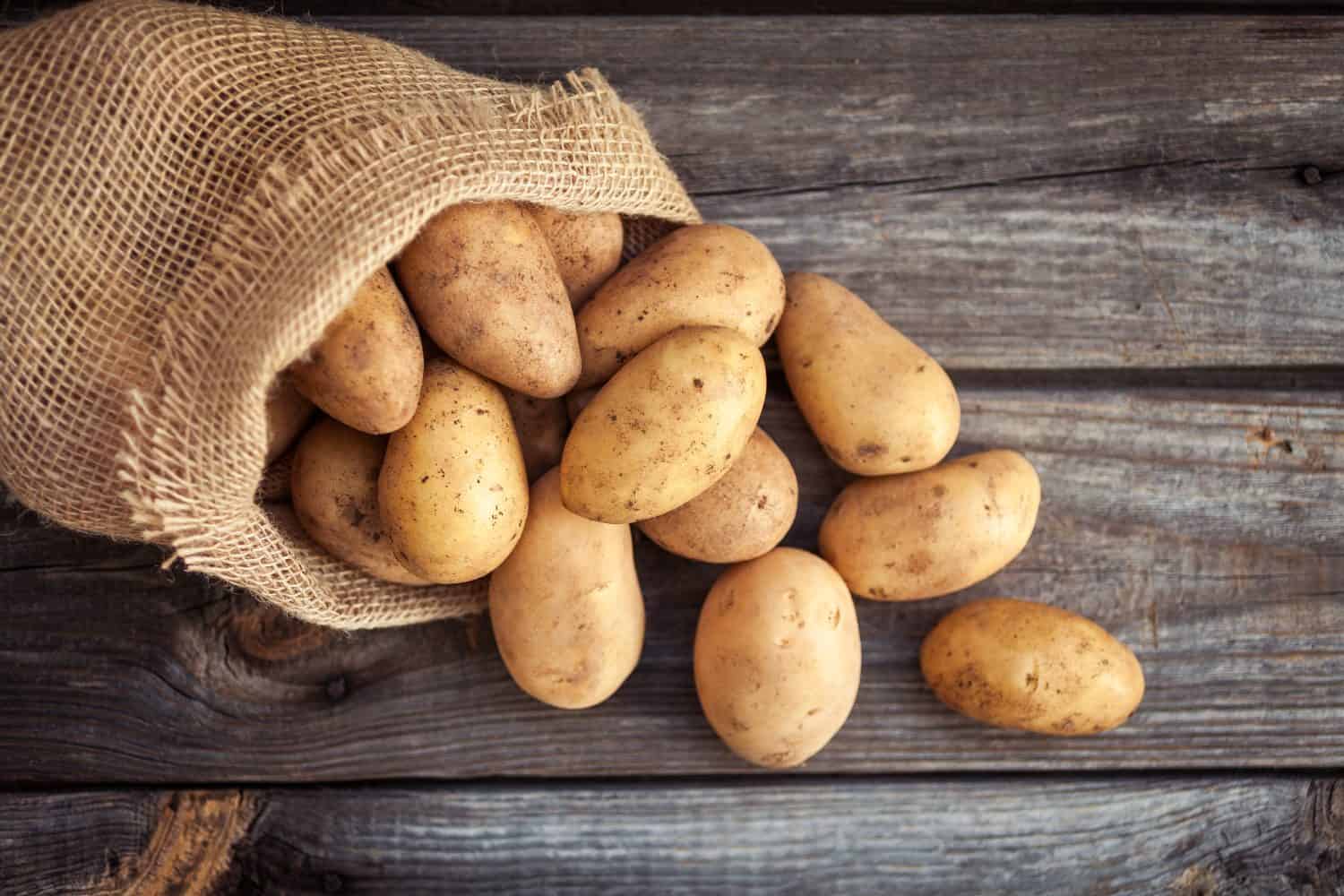
0